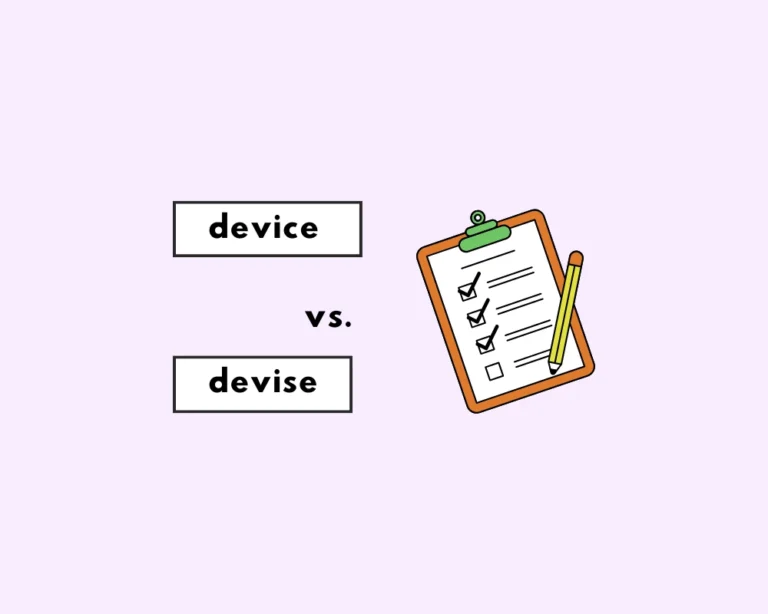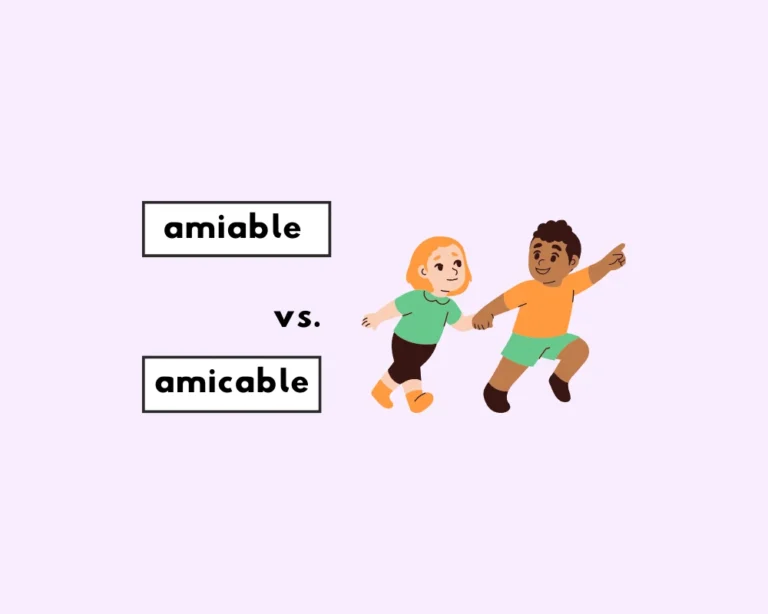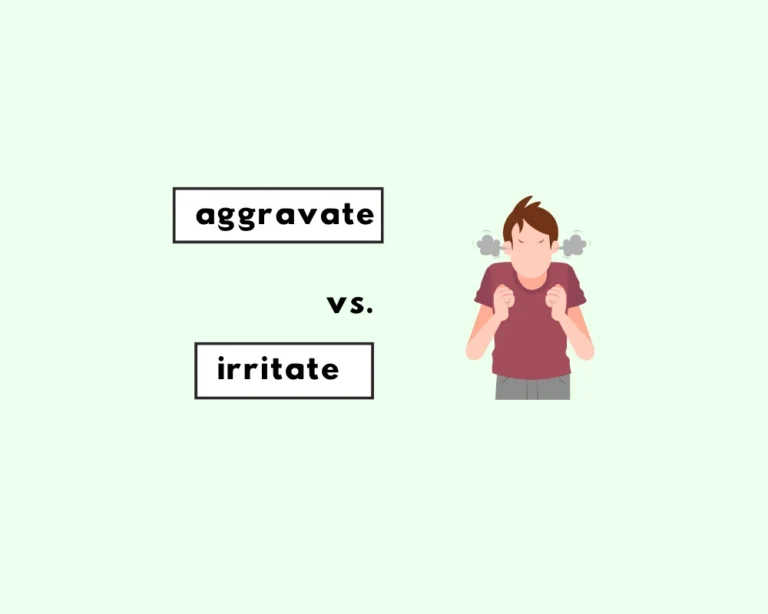
Is it Nerve-Racking, Nerve-Wrecking or Nerve-Wracking?
Which is correct: nerve-wracking or nerve-racking? To describe something as extremely irritating, annoying, or trying; (as in, a nerve-racking day; or a nerve-racking noise), we
Grammarflex » writing-tips
Embarrassing grammar mistakes are avoidable—avoid them with our writing tips on the most common questions related to English writing and grammar. Find answers to some of the most frequently confused and misused words, like effect and affect, accept or except, and bear vs. bare.
Learn the differences between UK English and US English in spelling and punctuation, or check out how to use commas with conjunctions (or for that matter, why not take the time to learn about conjunctions and their role in grammar!) There are endless writing tips available for you to learn at this corner of the web; we highly encourage it!


Which is correct: nerve-wracking or nerve-racking? To describe something as extremely irritating, annoying, or trying; (as in, a nerve-racking day; or a nerve-racking noise), we

Meaning of ‘beck and call’ ‘To be at someone’s beck and call‘ is an idiomatic expression that describes being immediately available, or ready to be

Are ambiguous and ambivalent the same? Something ambiguous (an adjective) is unclear, vague and open to different interpretations. To be ambivalent (also an adjective) means

Meaning of emigrate vs. immigrate To immigrate is the verb form of the noun immigrant; referring to someone that’s moved away from their birth country

Did you have a recurring or reoccurring dream? If you’re finding the difference between these two words befuddling, then this post is for you. How

Nevertheless vs. nonetheless Nevertheless and nonetheless are synonyms that both belong to the same part of speech; i.e, they’re compound adverbs that express contrast. There

When to use assent, ascent and accent The differences between assent, ascent and accent: Assent may be a noun or a verb: the former refers

What’s the difference between device and devise? Devise is a verb meaning “to invent or plan”. Device is a noun that refers to “an object

Are amiable and amicable the same? Both amiable and amicable are describing words (i.e., adjectives); the difference mostly concerns what it is that they describe:

How to use aggravate vs. irritate Aggravate (a verb) comes from the Latin aggravatus, which means to “to render more troublesome,” …to make heavy or